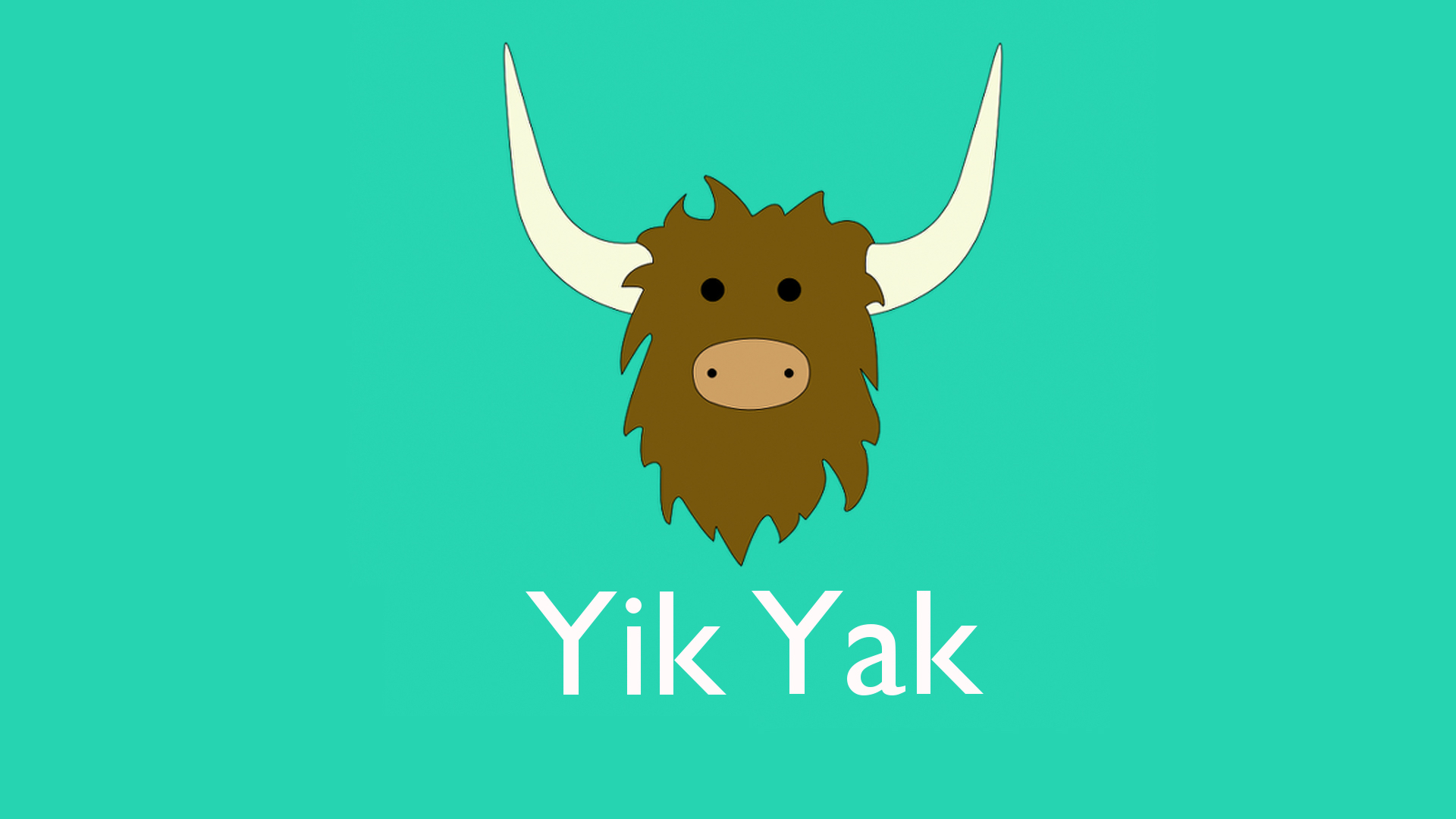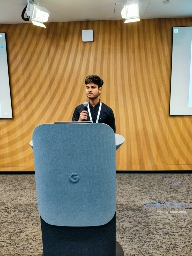Back
Medial Startup Trivia
Trivias Around start... • 1y
Saturday Startup Trivia: YikYak - The hyperlocal Twitter. Yik Yak was an anonymous social media platform that allowed users to post messages in a text-based format within a five-mile radius. The app was founded in 2013 by Tyler Droll and Brooks Buffington, who met at Furman University in South Carolina. The app quickly gained popularity due to its anonymity, which allowed users to post messages without fear of repercussions. They raised in total $81.3M from the likes of Sequoia Capital, Rainfall Ventures, Employee Stock Option Fund and Azure Capital Partners in their early days. Notably, they raised their largest round, during their Series-B Led by Sequoia Capital for about $62Mn. However, the app's anonymity also led to problems, as users began to use the platform for cyberbullying and harassment. In response, Yik Yak implemented measures such as geo-fencing to prevent access to the app in middle schools and high schools, and community policing tools to detect and remove hate speech. The app also introduced mandatory handles, requiring users to choose a screen name, and eventually removed the ability to post completely anonymously. Despite these efforts, the changes to the app were met with negative feedback from users, who felt that the removal of anonymity was ruining the app's appeal. The number of downloads sharply dropped, and the app was eventually acquired for a fraction of its original valuation. The rise and fall of Yik Yak offers valuable lessons for entrepreneurs and investors. The app's initial success was due in part to its unique promise of providing a platform for anonymous interactions, but the dark side of anonymity ultimately led to its downfall. The app's failure to address issues related to cyberbullying and hate speech, and its lack of a clear path to monetization, also contributed to its decline. In addition, the company faced leadership issues and legal battles that put a strain on its ability to innovate and grow. These challenges ultimately led to declining user engagement and a loss of relevance, which spelled the end for Yik Yak. The story of Yik Yak is a lesson for startups that relying on anonymity as a key feature. While anonymity can be a powerful draw for users, it can also lead to problems that are difficult to overcome. Startups must carefully consider the potential risks and benefits of anonymity and have a clear plan for addressing any issues that arise. Yik Yak's failure was due to a combination of factors, including the dark side of anonymity, the lack of a clear path to monetization, leadership issues, and legal battles. The app's decline offers valuable lessons for entrepreneurs and investors, highlighting the importance of addressing issues related to cyberbullying and hate speech, and having a clear plan for monetization and growth.

Replies (13)
More like this
Recommendations from Medial


Anonymous
Hey I am on Medial • 1y
Which ott platform do you use the most? And WHY ?? Prime had a lot of complaints in its comments about renting system and netflix has been rated by a lot lesser people Than I thought by taking its popularity in consideration (is it even used by many?
See MoreShipWithRathor
garoono.in minimal a... • 1m
People told me to improve the app's onboarding to get more conversions. I, who have other apps to manage (neglecting the first principle of a solo founder), should build and generate revenue from one app before moving to the next: Focus on the
See More
Download the medial app to read full posts, comements and news.


















/entrackr/media/post_attachments/wp-content/uploads/2021/08/Accel-1.jpg)

















